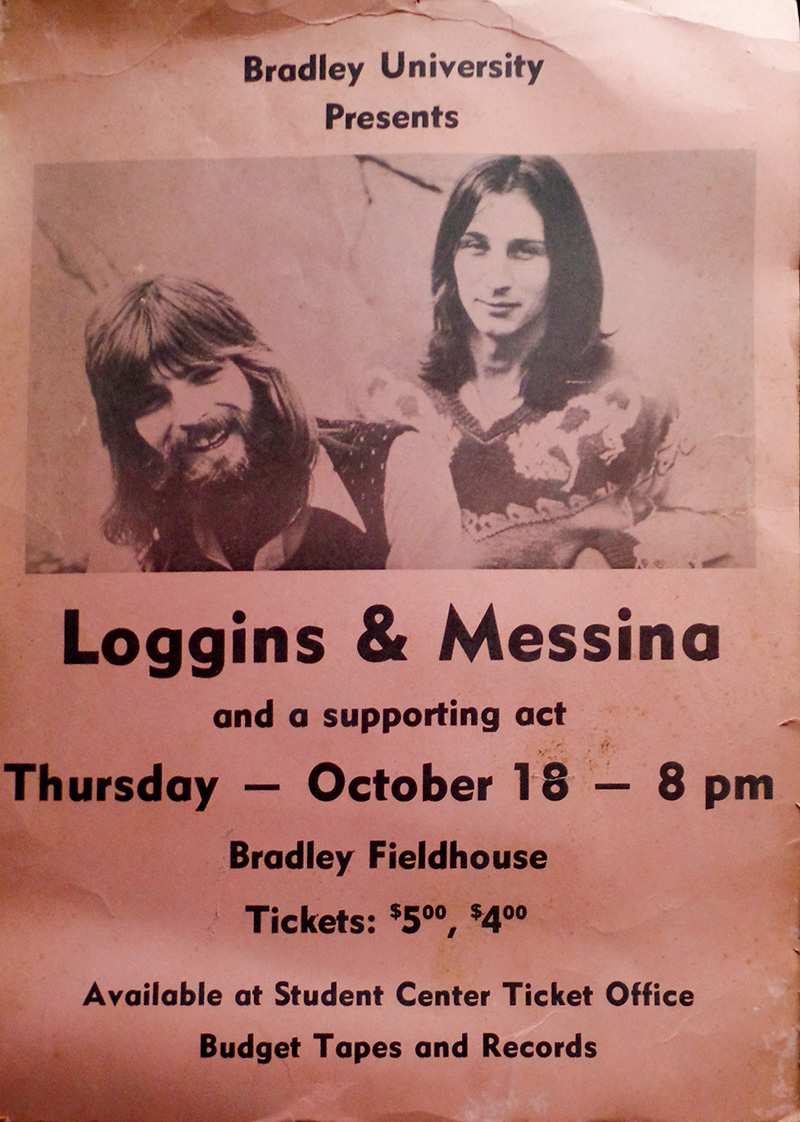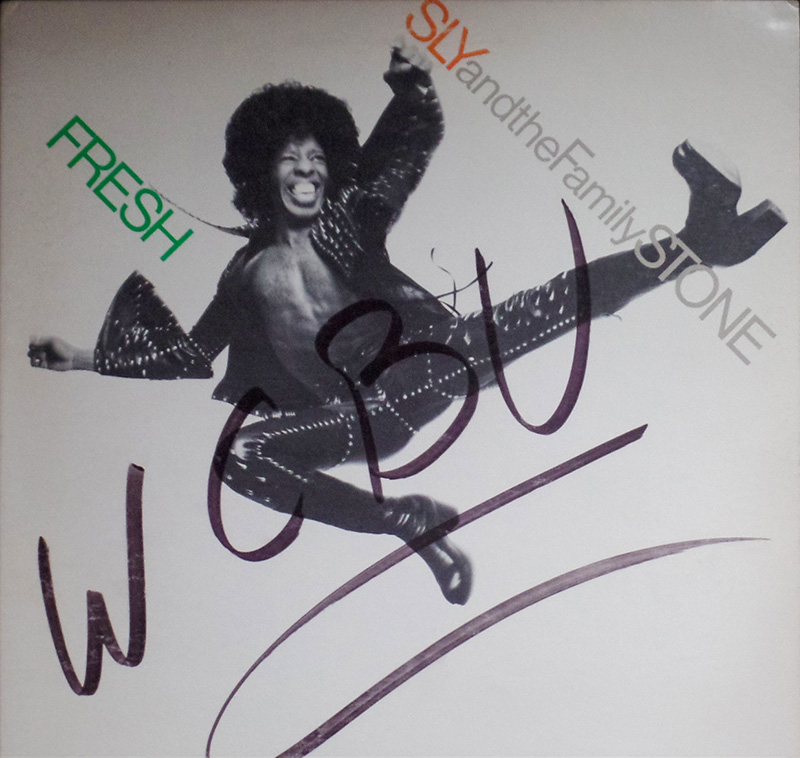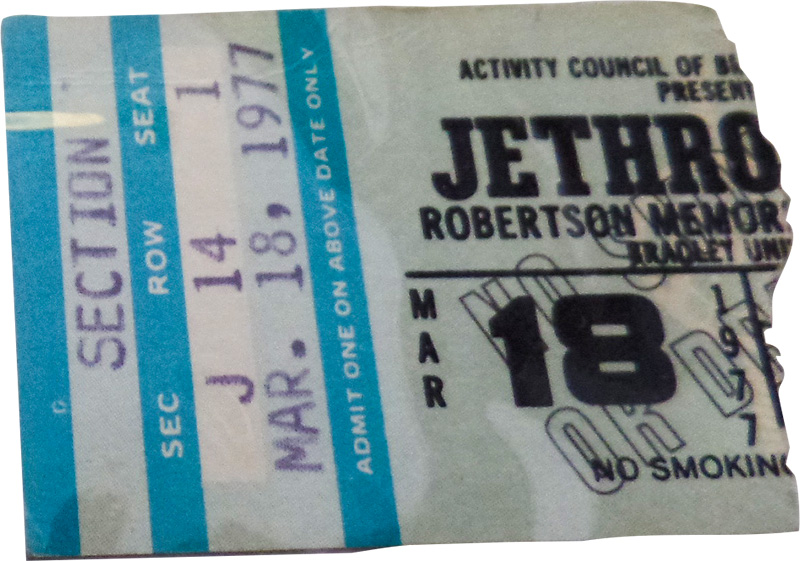I recall being inducted into Students for a Democratic Society (SDS) in Danny Levinson’s basement apartment, with the U.S. flag on the wall by Hoffman or Rubin. The ceremony conducted was tawdry and in Levinson’s bathroom. Details mostly foggy. Charlie, Ed, Danny (I believe) and I took over the student center.I just can’t remember why we did it.
Jeff Brown ’71
Proud Vietnam Veteran USAF Security Police 1969–70. I heard about Kent State and was appalled and angry of how the Ohio National Guard reacted to the demonstration.
James Hearst ’79
In 1970, I was back in school in Colorado, for an additional engineering degree, having completed a 3½-year tour of duty with the Air Force, serving as a missile maintenance officer in Montana, keeping our strategic deterrence force effective in preventing a wider global conflict. Yes, there were some protests on the campus where I took classes, but I was not affected by them, nor did I agree with the protesters, although I recognized their right to protest as long as it was nonviolent.
James Barnard ’65
Where was I in 1970? I was a U.S. Army bandsman with V Corps Armored Division at the Fulda Gap in Germany.
Ted Wanack ’67
Proud Vietnam vet. Not proud of U.S. involvement; not proud of violent protests.
Bradley Hahn ’64
In the spring of 1969, I wrote my family about Tony Sturniolo ’71 asking me to find “the single guy who works in Swords Hall.” Tony wanted him to participate in Bradley’s version of “The Dating Game.” That guy was Barry Krell ’68. He had returned Bradley to be an admission counselor when his job back home in New York didn’t work out.
We had a lively conversation in his office, although he declined “The Dating Game” invitation due to a recruiting trip. We were surprised we hadn’t met, but we did know one couple in common: his Tau Epsilon Phi fraternity brother, David Rosenthal ’70, who was dating his now-wife Jane Kaplow ’72, one of my Alpha Epsilon Phi sisters. I found out later Barry called David for a character reference and, more importantly, my social availability.
Our first date was May 1 at Si’s Hitching Post, after I already had dinner with another fellow! I invited Barry to meet my mother and brother during their visit that weekend for Mom’s Day. We spent quite a while conversing in the Ramada’s coffee shop. After Barry took me back to the sorority house, I called my mother to see what she thought.
“Well, he sure does talk a lot,” she said,“but I just told Aaron, I think he’s ‘the one.’”
That summer, I attended a national sorority convention and toured Europe with my family. Barry visited his parents in Puerto Rico. In between plans, we got together in Peoria or St. Louis. He visited campus in August for his birthday and mine. It was clear things were serious: he proposed.
I went back to Bradley for my senior year and planned our wedding for June 27, 1970. Some of the fellows I’d gone out with the previous spring called to ask me out and were surprised to learn I was engaged. So was I.
After our wedding, Barry managed the first Steak & Brew restaurant in Peoria. We moved to Chicago that fall when he took a job in commercial real estate. I worked in advertising until our only child, our daughter Leslie, was born in 1975. I’ve spent most of my life as a professional volunteer. Barry’s career took us to Atlanta and the Washington, D.C., area before he retired in 2005 and we moved to St. Louis.
The pandemic cancelled our travel plans to celebrate our 50th wedding anniversary this summer, but we’re happy we and our family are well. In Jewish culture “bashert” means predestined, often in the case of finding one’s soulmate. The two of us are convinced our being at Bradley and crossing paths that day in his office was a perfect example.
Sherilyn Rubin Krell ’70



I attended as many concerts as I could at Bradley. Many took place in the Robertson Field House, and most cost $4 or $5.
My first year, Cheech and Chong crawled over the entire court like dogs and later performed “Basketball Jones.” Acoustic musician Jesse Colin Young, formerly of the Youngbloods, opened for Loggins and Messina. The Guess Who performed a great show of their hits. B.W. Stevenson, known for the song, “My Maria,” opened for them.
Rare Earth led my sophomore year. Their lead singer was the drummer and I couldn’t see him because the cymbals blocked my view. He probably couldn’t see much of the audience, either. He invited us down on the basketball court and within a minute it was full, stopping the show until everyone went back to their seats. The weight of all those people caused damage to the support structure, and the university announced there would be no more rock concerts there.
Luckily, Sly and The Family Stone were already booked. Sly was known for showing up late to his shows or not at all. The opening band finished, an hour passed and still no Sly; people thought he wouldn’t show. Sly finally appeared after 90 minutes, tiptoeing at first. I later heard he walked into a post back stage. After the show, WDCB announced they would never play another Sly record but would give an album of his to the first caller. I still have it.
Leon Russell was also booked; his opening act and backup band was the funk group The Gap Band. It was a good show, but Leon should have had a better band backing him.
I only saw one show in 1975, Harry Chapin, who sat in the audience while his brother, Tom Chapin, opened. Harry’s great show included the highlights “Taxi” and “The Sniper.”
Bradley lifted the ban on concerts in the Field House the next year, starting with a concert by Kansas. I also saw Foghat and Wishbone Ash, the latter group being the better of the two shows. I sat in front of the stage in the third row.
My last semester I saw Jethro Tull, who performed from their albums “Songs from the Wood,” “Aqualung,” “Thick As A Brick” and “War Child.” Ian Anderson did plenty of his one-legged flute playing.
Boston and Journey performed at the last concert I attended at Bradley. It was Boston’s first tour, and I decided to go at the last minute, but still got a seat in the fifth row. This was when Journey was a good rock quartet, before Steve Perry.
I saw Styx at the Michel Student Center Ballroom in 1973 for a $1. They promoted their third album, “The Serpent Is Rising.” I also saw a free show by Cheap Trick in early 1975, a couple of years before their first album.
It was great to be able to go all these shows at such a cheap price. I’ve probably seen over 500 concerts since then, but these shows will always stand out as special.
Jeff Petschow ’77